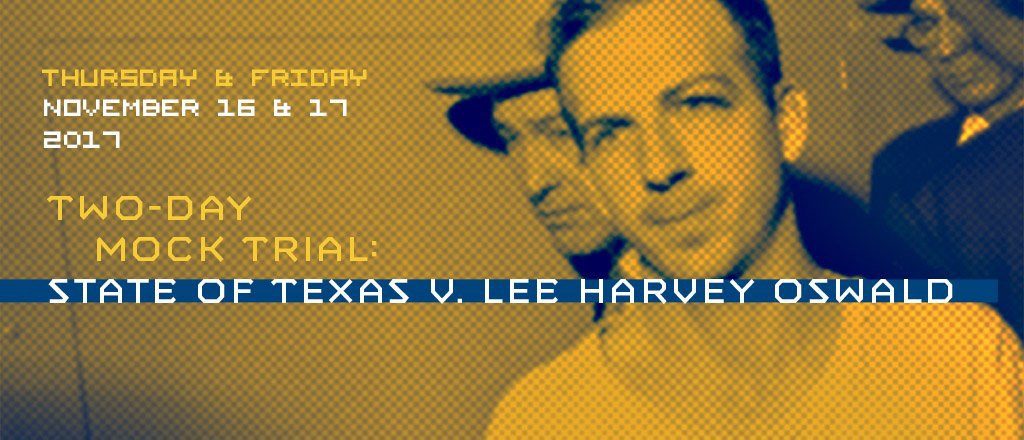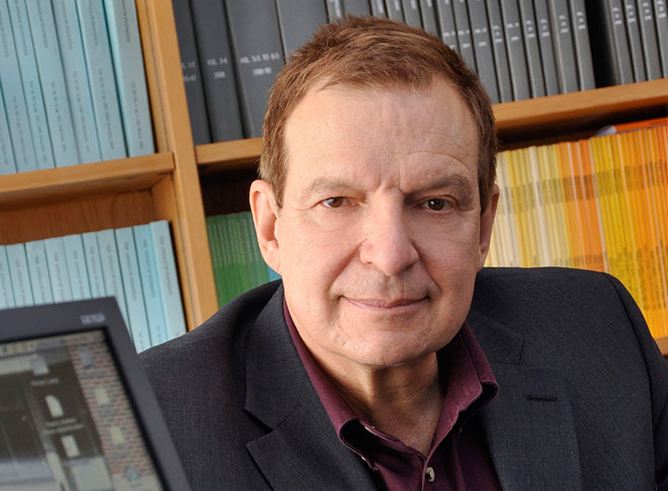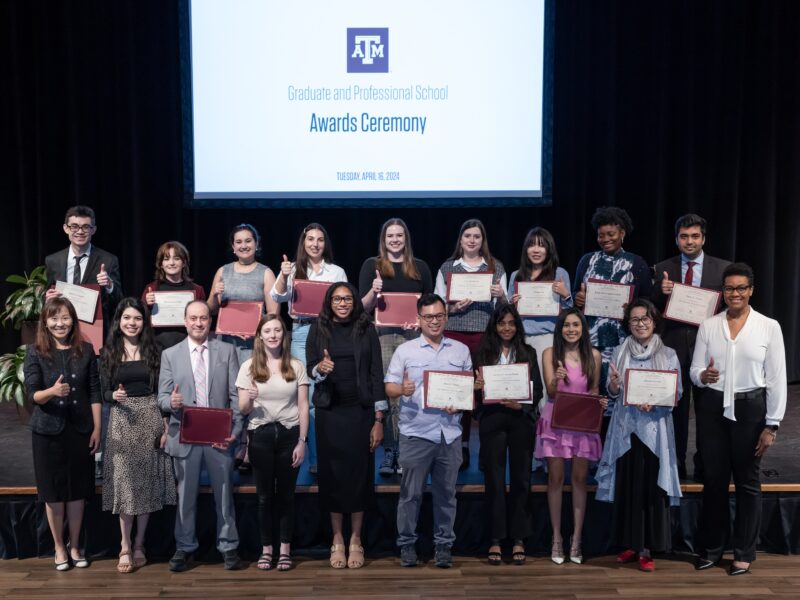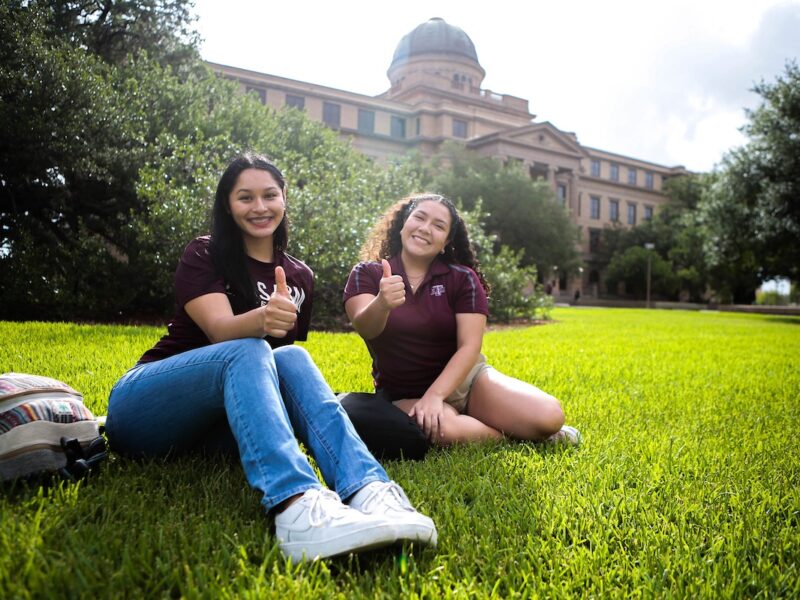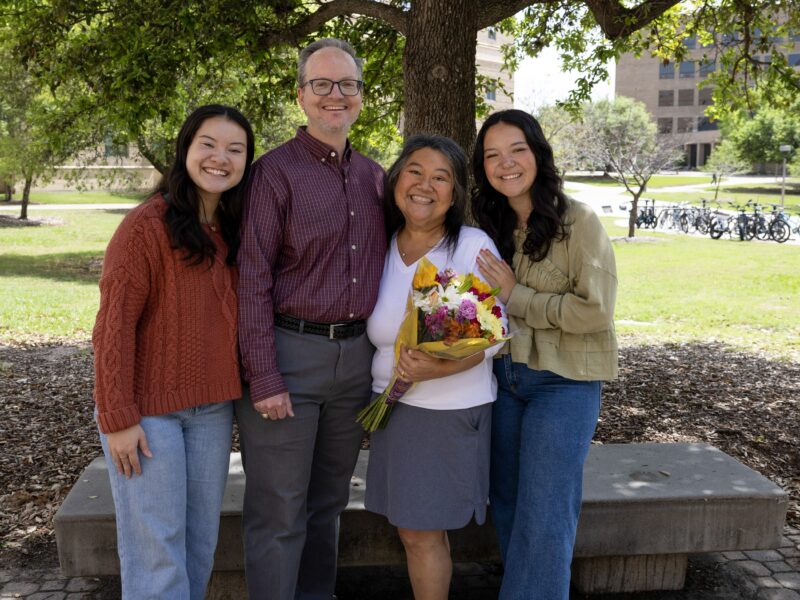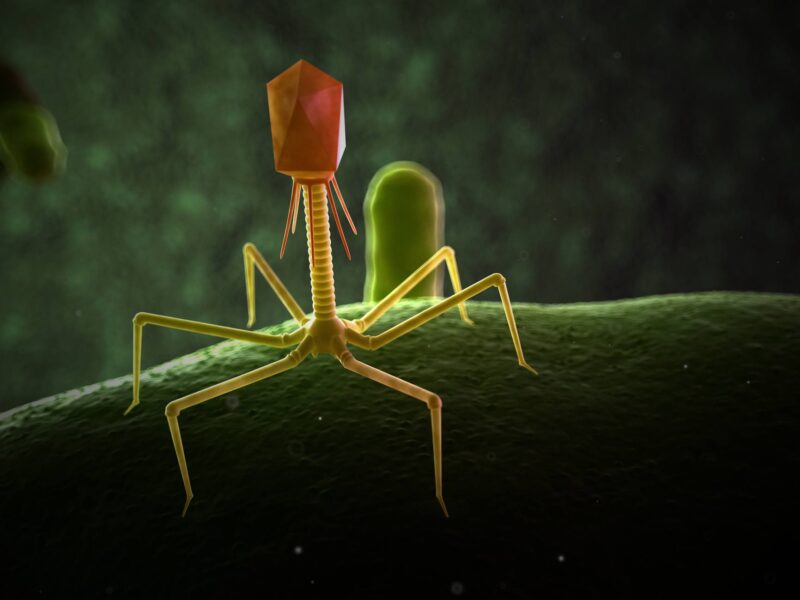JFK Revisited: Texas A&M Statistician To Serve As Expert Witness In Texas v. Lee Harvey Oswald Mock Trial
As an expert in statistical forensics and bullet lead analysis, Texas A&M University statistician Clifford H. Spiegelman has done his fair share of testifying in courtrooms across the country and in front of legislative bodies. In a new twist next week, he will serve as an expert witness for the defense in a courtroom drama that never was yet still plays out every November as the anniversary of President John F. Kennedy’s assassination approaches.
Spiegelman is one of a handful of world-renowned JFK assassination experts who will be offering their pro bono services for a two-day mock trial, State of Texas v. Lee Harvey Oswald, set to play out November 16 and 17 in Garrett-Townes Auditorium on the campus of Houston’s oldest law school, South Texas College of Law Houston. The Honorable Jay T. Karahan, presiding judge for Harris County Criminal Court at Law No. 8 and a STCL Houston alumnus, will be on the bench for the proceedings.
“Fans of history and courtroom drama will be treated to an insightful and entertaining mock trial, in which a Harris County judge, prosecutors, and defense attorneys try the landmark case: State of Texas v. Lee Harvey Oswald using 21st century techniques in front of Harris County jurors,” teases the related STCL website.
Co-sponsored by STCL and Citizens Against Political Assassinations (CAPA), the two-day event will include the delivery of opening and rebuttal statements, the presentation and cross-examination of medical and legal experts, an ethics-panel evaluation of prosecutorial obligation to examine new evidence or new science and discussion of constitutional rights in 1963 and today, and a Q&A with participants and jurors following the verdict.
Registration ($150 for general public, $100 for CAPA members) includes lunch and is required by Nov. 10, after which a $25 late fee will be incurred. The event also can be livestreamed for a fee ($75 for the general public, $50 for CAPA members).
Because the trial is intended for educational and informational purposes only, Spiegelman cautions the format will offer a condensed summary of the associated legal issues as well as suspended evidentiary and procedural rules due to the obvious time constraints.
Spiegelman, a member of the Texas A&M Department of Statistics since 1987, a distinguished professor of statistics since 2009 and a senior research scientist with the Texas A&M Transportation Institute, is an expert in statistical and environmental forensics. He is a founder of the field of chemometrics, the science of using data to extract information from chemical systems by data-driven means to investigate and address problems in chemistry, biochemistry and chemical engineering. In addition, Spiegelman is a leader in the field of statistical forensics and was instrumental in the Federal Bureau of Investigation (FBI) decision to stop using compositional bullet lead analysis (CBLA) after he demonstrated it to be flawed. He routinely testifies in criminal matters related to various aspects of statistics, flawed forensic science, probability and the law and serves as the key statistical advisor to the City of Houston’s crime lab.
For purposes most closely related to his role in the upcoming mock trial, Spiegelman was part of a team that used techniques not employed by the Warren Commission to study bullets of the same type believed to have been used to kill President Kennedy. After applying more appropriate standards and modern quality control procedures to their analysis of physical samples with a known geometry, his team ultimately concluded in an award-winning study first reported in 2007 that the science behind the lone gunman theory was flawed, based on the fact that the bullet fragments involved in the assassination are not nearly as rare as reported. Moreover, the bullets they studied match at least one of the five existing assassination fragments, meaning that the matching fragments could have come from three or more separate bullets and, therefore, that there could have been more than one shooter.
“The 1976 U.S. House Select Committee on Assassinations concluded that Oswald was the sole gunman who provided the recovered bullets primarily based on CBLA testing, which was later discredited by the FBI largely due to me and my coauthors’ work,” Spiegelman said. “They concluded that there likely was another shooter who missed. We found that the evidence supporting the theory of a lone gunman was not as strong as originally claimed.”
During the past year, Spiegelman has been appointed as the inaugural Official Statistician of the Texas Holocaust and Genocide Commission as well as the statistical advisor to the Texas Forensic Science Commission. He also was celebrated with a virtual special issue of Chemometrics and Intelligent Laboratory Systems honoring his 30 years of service to both the international publication and the discipline he helped create.
Although Spiegelman acknowledges that President Donald Trump’s recent limited release of additional JFK assassination materials has rekindled public speculation regarding possible involvement of other shooters besides Oswald, he says it’s a non-factor in next week’s trial preparation.
“As of today, it has not changed the defense strategy,” Spiegelman said.
###
Contact: Shana K. Hutchins, (979) 862-1237 or shutchins@science.tamu.edu or Dr. Cliff Spiegelman, (979) 845-3141 or cliff@stat.tamu.edu.
